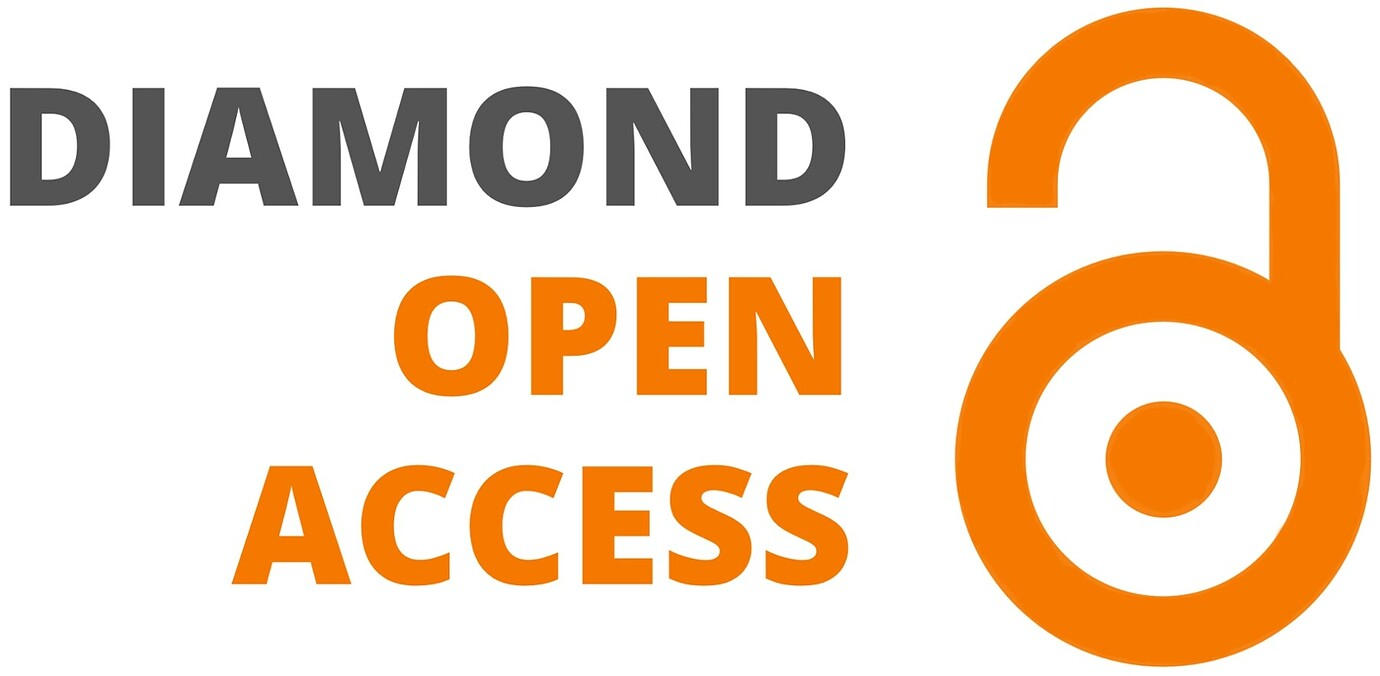Application of Personalized Observation Execution and Mental imagery (POEM) therapy with a bilingual aphasic participant from the creation of a material in French language from France.
Keywords:
aphasia, anomia, verb, embodied cognition, therapy, bilingualismAbstract
Anomia is the pathognomonic sign of aphasia, a language disorder acquired following a brain injury. Despite the central pivotal place that the verb occupies in the sentence, most of the studies in the literature target the retrieval of noun anomia, but very few address that of verbs. Rooted in the theory of Embodied and Situated Cognition and benefiting from the mirror neuron system, the study by Durand et al. (2018) proposed a new protocol named POEM (Personalized Observation, Execution and Mental Imagery) that targets verb retrieval by combining for the first time three sensorimotor strategies: observation, action execution and mental imagery.
In this article, we present a clinical case study with the adaptation of this therapy to a participant with bilingual aphasia with verb anomia. Following the creation of a material for the French language (the original material being calibrated in Quebec French), the POEM therapy is administered following the principles of evidence-based practice. Secondly, the adaptations made with regard to this participant's bilingualism will be presented, this point being particularly relevant to consider in the context of globalization, increasing the possibility of treating bilingual people in speech therapy.
On the one hand, the analysis of the control population of 95 neurotypical participants showed that it was matched with the general French population and confirmed results existing in the literature. This process allowed us to validate 96 videos out of the 125 presented. On the other hand, results related to the experimental patient protocol showed improvements on treated items, on untreated items, and at different levels of treatment, confirming the results of Durand et al. (2018) and paving the way towards the study of verb retrieval in bilingual participants through a therapy using a combination of sensorimotor strategies to facilitate naming.




